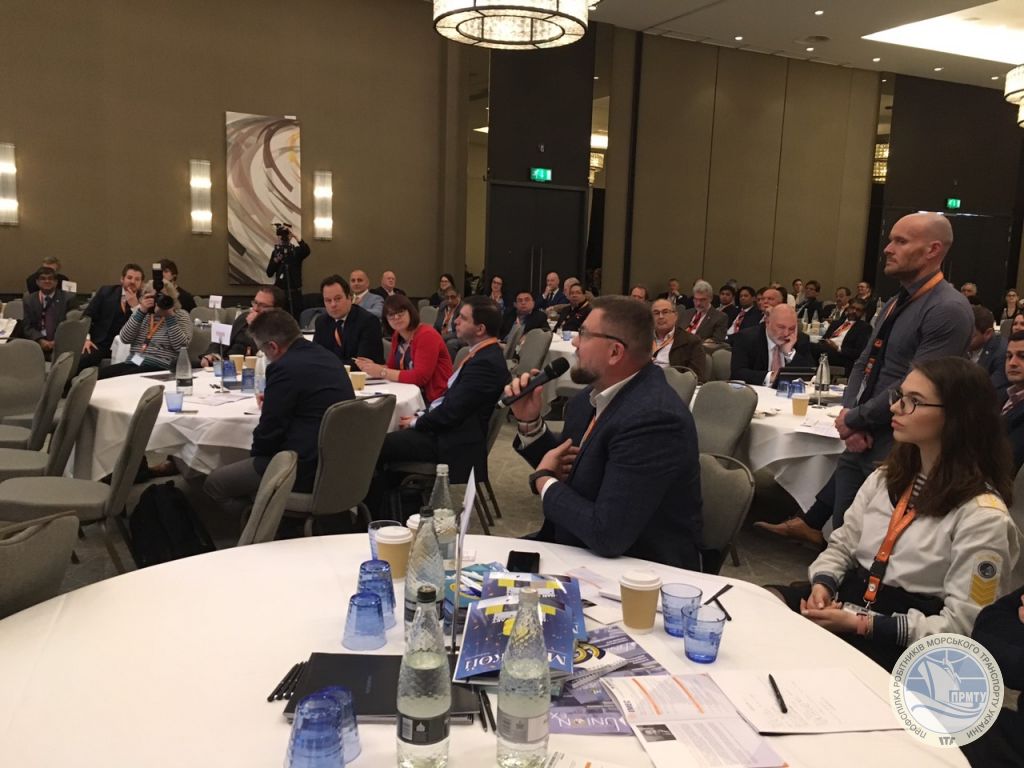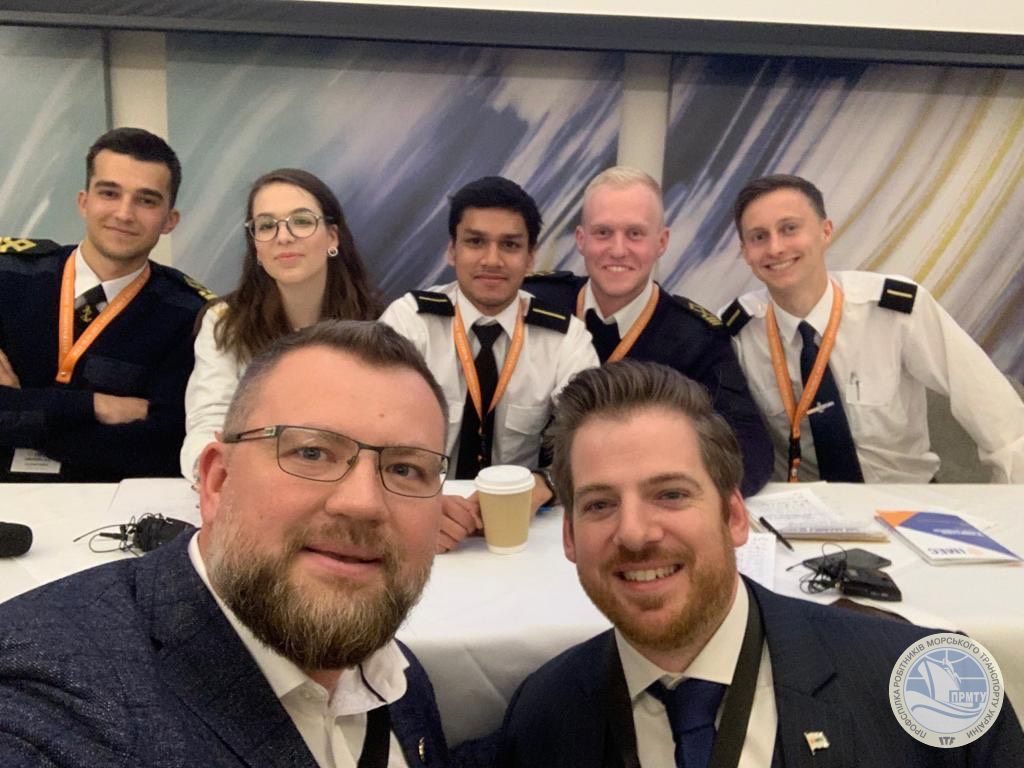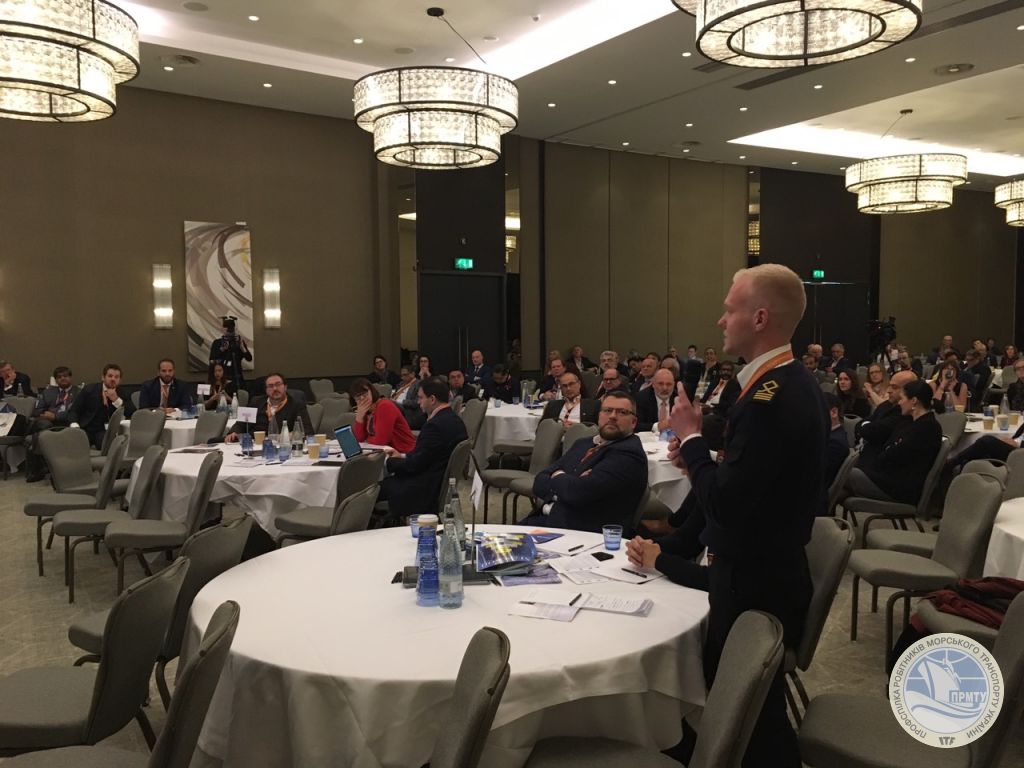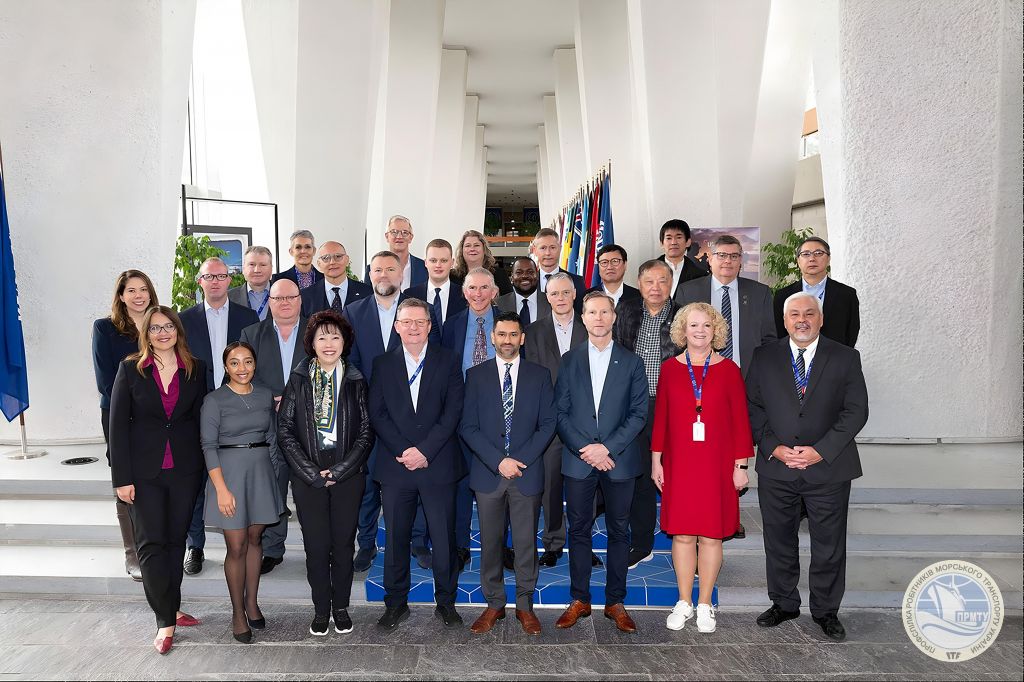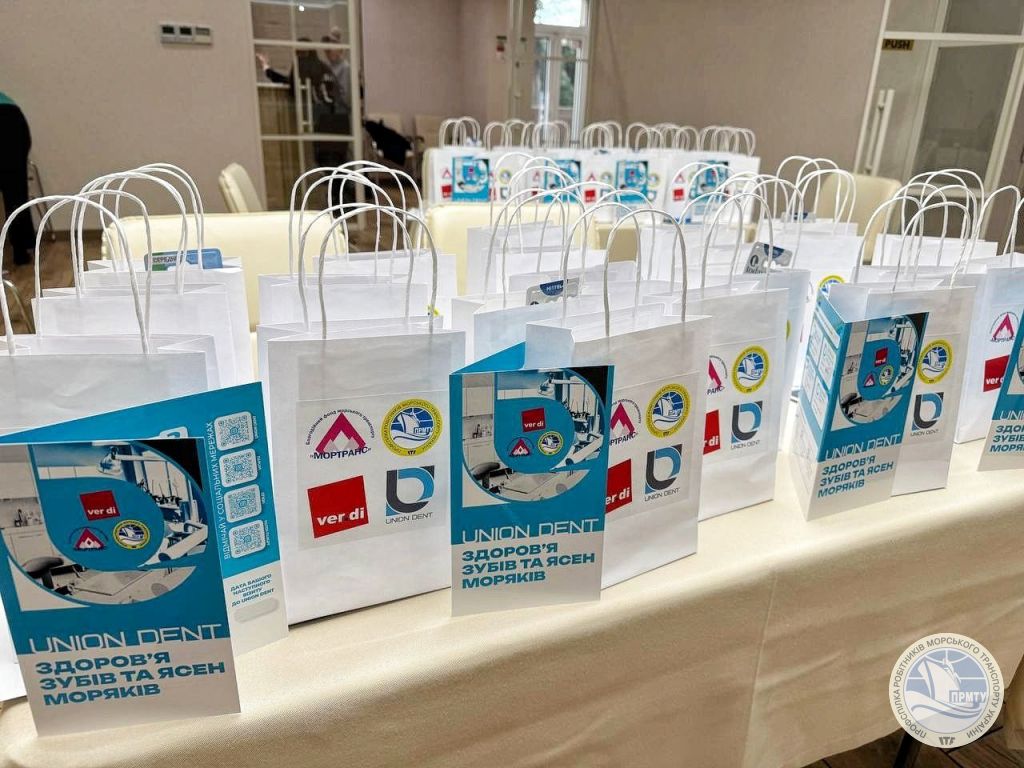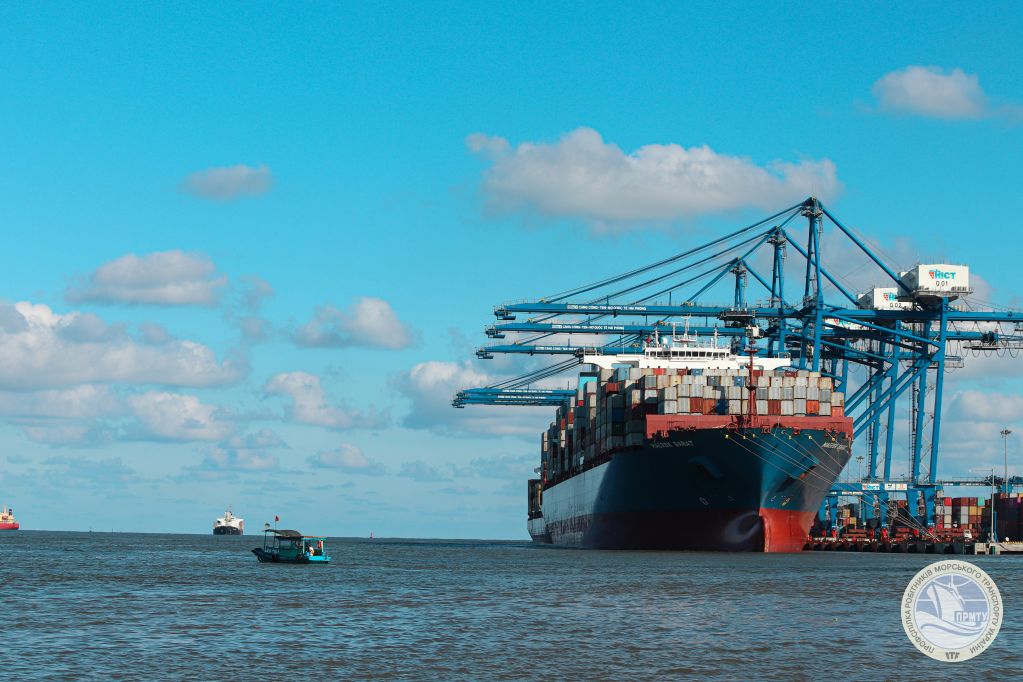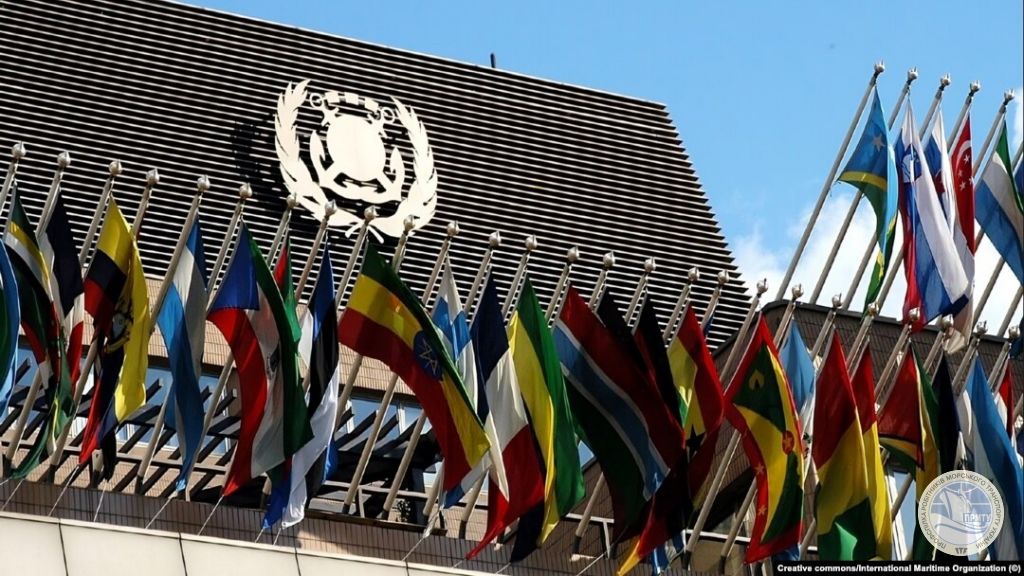On April 11, a conference The Human Element in Marine Automation was held in Southampton, United Kingdom, arranged by the International Maritime Employers’ Council (IMEC).
Among the conference participants were seafarers, representatives of various shipping companies, the members of IMEC, marine higher education institutions of different countries, international organizations IMO and ITF, as well as leading industry experts on automation and human factor.
This large-scale event brought together more than 200 guests from around the globe to discuss the most prominent challenges the maritime industry is facing in the context of automation and digitalization.
The
conference was opened by welcoming addresses from the newly elected
IMEC Chairman Belal Ahmed and the IMEC Recruitment and Training
Committee Chairman Dr. Konstantinos Poulis. The Conference agenda
included four sessions. The first session examined technological
factors: the automation itself, how ship processes evolved over the
past 70 years and how they will change before 2050. The need for
development of guidelines for MASS (a ship which, to a varying
degree, can operate independently of human interaction) was also
raised there.
The
third session was focused on the prospects and possible consequences
of automation both for shipping in general and for its individual
business segments.
The
final session on the agenda was a panel discussion with the
participation of the cadets. Generation Z was represented by the
cadets of the National University “Odessa Maritime Academy”
Aleksandr Todorov (Navigation Faculty, 5th
Grade) and Anastasiia Kalynchak (Maritime Law and Management Faculty,
4th
Grade), the cadet of the Kherson State Maritime Academy Yevgenyi
Omelianenko (Marine Engineering Department, 4th
Grade) and the cadets of Warsash University Thabit Chourdhury and Tom
Sanders. Generation Y representatives who moderated the session were
MTWTU First Vice Chairman Oleg Grygoriuk and Adam Lewis, Head of
Training & Operations at IMEC.
